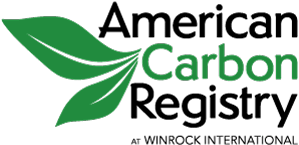Background
Carbon farm planning puts carbon at the center of agricultural conservation. Long the hidden nutrient, carbon is central for long-term farm productivity, soil and plant health and resilience to extreme weather. Carbon farm planning is similar to established NRCS Conservation Planning. But it differs from other approaches to agricultural conservation planning by focusing on increasing the capacity of the farm or ranch to capture carbon and to store it beneficially as soil organic matter (SOM) and above ground in permanent vegetation.
Soil organic matter, perennial plant roots and standing woody biomass, all forms of carbon found on farms, represent stores of embodied solar energy. They provide the energy needed to drive on-farm processes, including soil ecological processes that determine water and nutrient availability for crops. The Carbon Farm Planning process views carbon as the single most important element on which all other on-farm processes depend.
Like the NRCS Conservation Planning Process, carbon farm planning begins with an inventory of natural resources on the farm or ranch. Baseline conditions at each farm, including soil mapping, site condition assessment and performance-monitoring protocols, are established. Created with the land manager and unique to each site, carbon farm plans assess on-farm carbon sequestration potential from a suite of over 35 NRCS-approved practices. Needs and goals for the farm and economic considerations are used to filter the comprehensive list of options. Once a plan is complete, practices are prioritized for implementation, funding sources are identified and technical assistance is provided by the RCD and project partners. Over time, the plan is evaluated, updated and altered as needed to meet changing farm objectives and implementation opportunities. Plan implementation may be linked to a carbon mitigation program like Healthy Soils, CEQA, a carbon market, or a value add certification like Climate Beneficial ™.
The RCD’s 2010 Marin Coastal Permit Coordination Program (PCP) provides CEQA coverage to qualified projects. The 2017 PCP included new project types associated with carbon farming including compost application, no till, and riparian restoration.
Carbon farm planning also incorporates traditional land conservation principles. The planning process may involve assessing the threats climate change poses to the local ecosystem and which conservation actions may assist in increasing overall climate resilience.
If you are an agricultural producer or landowner seeking assistance in development of a Carbon Farm Plan (CFP), contact your local RCD or NRCS office.
Get started with your CFP.
Tools and Templates
MCP has assisted in the creation of the NRCS COMET tools so that producers can estimate the carbon benefits of specific conservation practices in their land.
MCP and the CA NRCS have produced guidance documents for writing carbon farm plans. As carbon farm planning is evolving, templates are emerging from RCD collaboratives.

COMET-Farm
COMET-Farm provides a full life-cycle analysis of emissions sources and sinks generated by on-farm operations.
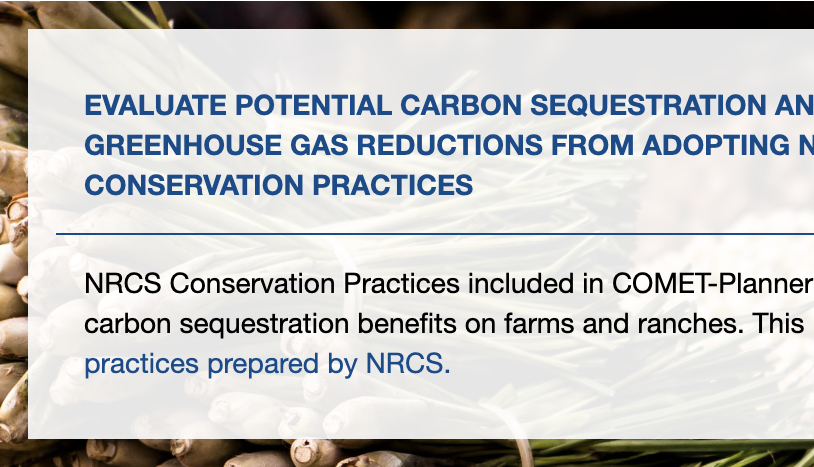
COMET-Planner
COMET-Planner allows users to select their geographic location and estimate the carbon sequestration potential associated with 30-plus NRCS-approved conservation practices.
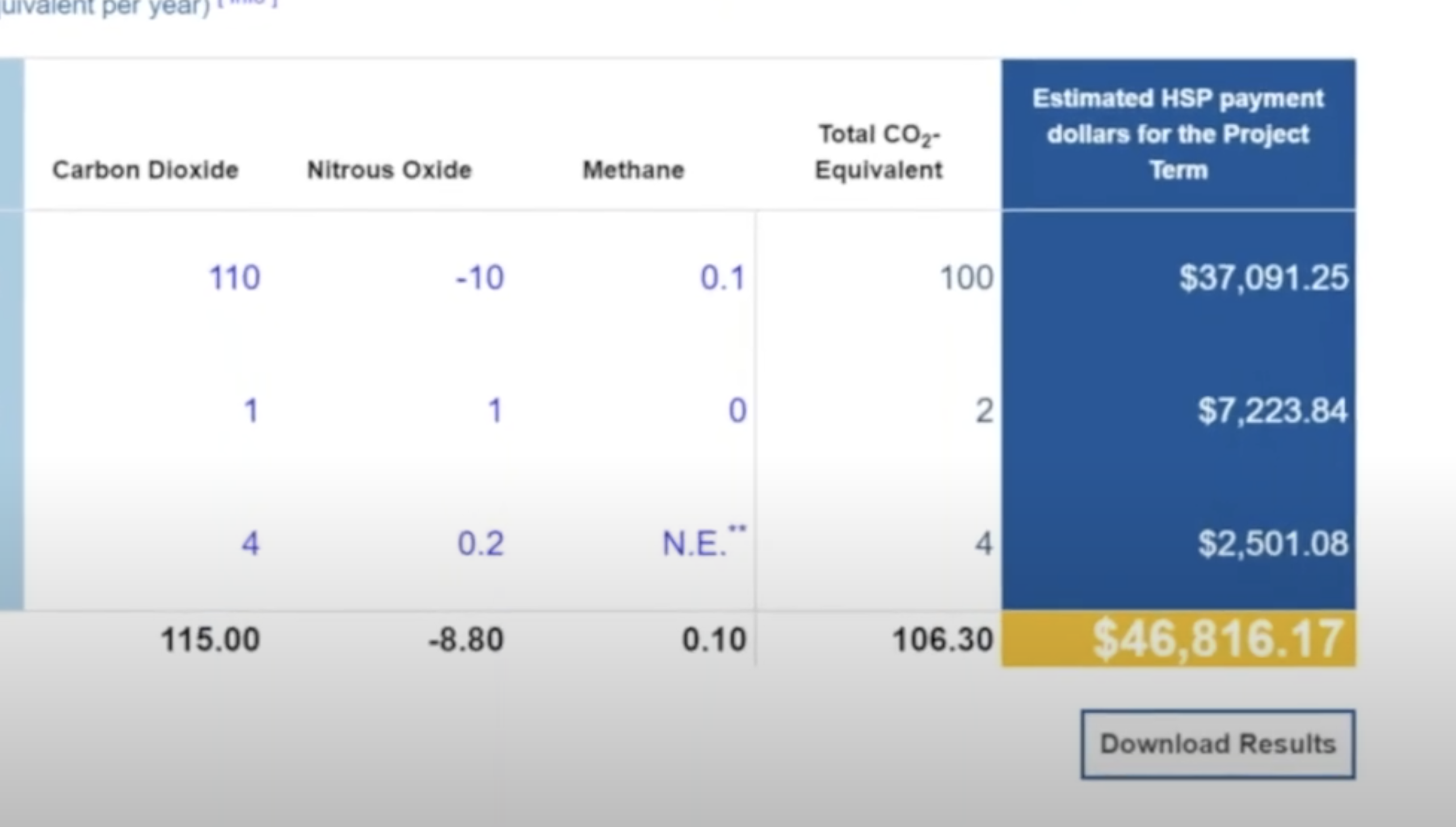
CA Compost Planner
This tool has been developed to support programs coordinated by the CDFA and the California Air Resources Board (CARB), and contains information on conservation practices eligible under the HSP.
Carbon Farm Templates
MCP CFP Guidance Document (PDF)
CA NRCS CFP Guidance Document (PDF)
CFP Cost Model
Conservation Planning in a Changing Climate
Carbon Farm Planning PowerPoint
Funding Resources
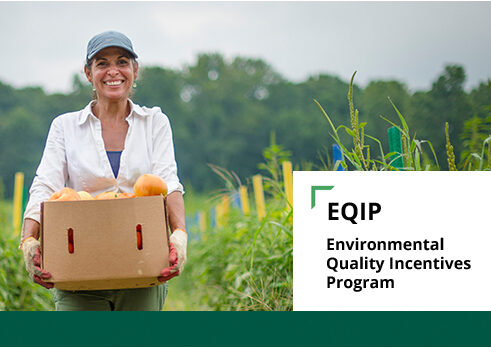
USDA EQIP
For assistance applying, please contact the Petaluma NRCS Field Office at (707)-794-1242.
California Healthy Soils Program
The HSP has two components: the HSP Incentives Program and the HSP Demonstration Projects.
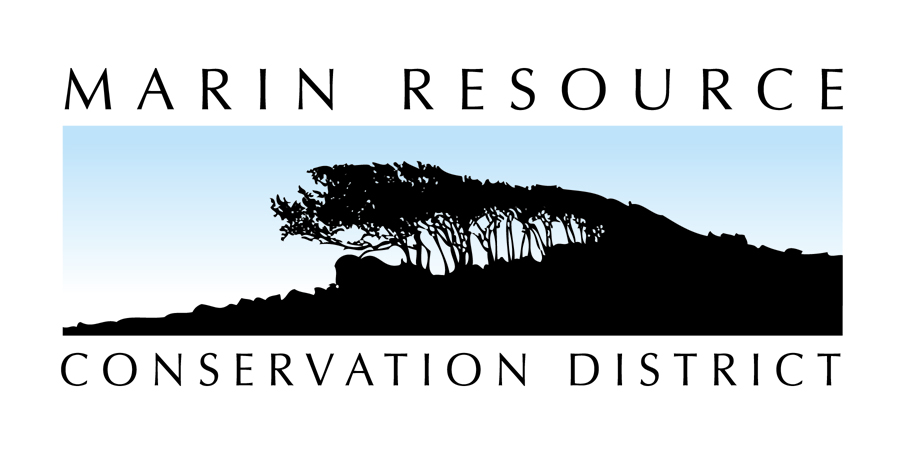
Marin Producers: For Carbon Farm Plan Practice Implementation
Helpful documents about the county’s most common carbon farming practices for design and implementation purposes.

Climate Beneficial™ Agricultural Cooperative
We develop natural fiber and dye systems that contribute to the stabilization of our climate

CAPCAO Carbon Protocol
The Greenhouse Gas Reduction Exchange (GHG Rx) is a registry and information exchange for greenhouse gas emissions reduction credits designed specifically to benefit the state of California.
If you are an agricultural producer or landowner seeking assistance in development of a Carbon Farm Plan (CFP), contact your local RCD or NRCS office.


